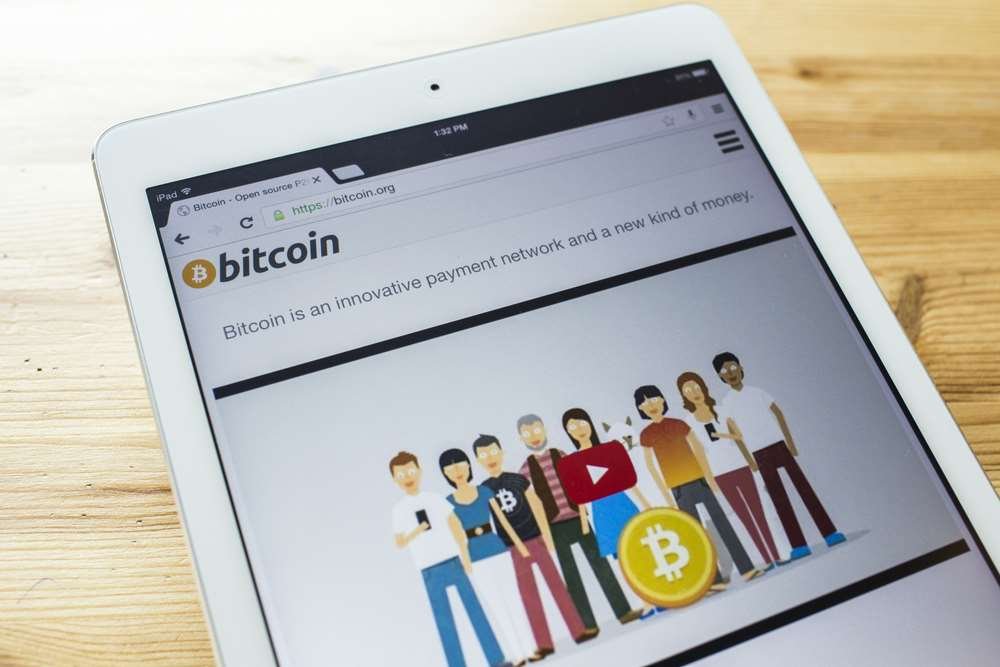A decade of Bitcoin heralds a certain future
Published by Gbaf News
Posted on November 26, 2018
5 min readLast updated: January 21, 2026

Published by Gbaf News
Posted on November 26, 2018
5 min readLast updated: January 21, 2026

By Joe Pindar, Director of Product Strategy at Gemalto
As Bitcoin celebrates a full 10 years since the publication of Satoshi Nakamoto’s whitepaper, the time is right to consider its lasting impact on the colliding worlds of information technology and finance.
When it was launched at Halloween in 2008, Bitcoin was practically worthless and all but invisible except to a select group of insiders. Several years of minor surges and retreats occurred, but nothing could prepare the world for the “Bitcoin mania” which set in late last year. The price surge and subsequent retraction are well-documented.
But it seems to be that the true value of Bitcoin is actually going to be the notion of a cryptocurrency, and the underlying Blockchain technology.
Bitcoin has inspired the creation of many other cryptocurrencies. With each one of those, whether ultimately successful or not, the limitations of possibility are further expanded. Problems which have faced Bitcoin since inception, including ones as simple as becoming known by enough people to make it a currency, are being steadily pushed back.
Along with awareness, demand is being created. Every new coin adds to the supply side.
At the same time, the underlying Blockchain technology, essentially a distributed, trusted database, is tested, examined and refined. Blockchain itself is increasingly being seen as something that can underpin solutions of value beyond cryptocurrency; Blockchain applications in diverse industries including logistics, population management and financial services are emerging. Possible new business ideas, and the potential for major reward, continue to present themselves.
An emergent bubble
The sheer scale of activity in the cryptocurrency space, coupled with an almost complete absence of regulation, inevitably mean risk. Not all cryptocurrencies are created equal, and Bitcoin has stood the test of time, if a decade can be called that, better than any other.
But make no mistake: the price history of Bitcoin, and the irrational exuberance which has accompanied many other “alt-coins”, does signify a bubble. Again, however, the only certainty is uncertainty: while there is a good chance of Bitcoin reaching higher levels, the truth is the cryptocurrency bubble is going to burst at some point. Like all bubbles, calling the exact time it will burst is impossible.
When that happens, would it herald the end of Bitcoin?
The dot-com bubble of 1999 provides hints. Companies like Amazon and Google suffered in the short term, as did many others. Unlike many others, however, these businesses survived, prospered and became essential to our daily lives.
Similarly, with the convenience and international nature of Bitcoin promises, the hype could give way to the delivery of solid value. A rapid deflation could, in the words of Bitcoin investors, “clean out weak hands”, leaving only the serious players to establish the true value.
The criminal element
No review of the past decade would be complete without mention of the potential cryptocurrency has for illicit uses. Where Bitcoin is concerned, the perception of anonymity and untraceability lingers. However, the move towards widespread adoption has driven back this perception (and it should be noted that regular money, too, has always been used for licit, as well as illicit purposes).
While it was established as a currency outside of regular controls (a characteristic that has drawn many to it) Bitcoin and other cryptocurrencies have matured to a point where there is growing recognition of the necessity for regulation and financial controls.
Exchanges are implementing “Know Your Customer” controls. There are calls for regulation and disclosure.
Simultaneously Bitcoin is being more widely accepted for retail purchases and it is starting to align with other legitimate payment systems.
To realise the full potential of Blockchain, it will be necessary to build general trust in the technology. Gemalto believes that building security into any Blockchain initiative is essential, through the use of authentication and cryptography key vaulting. Gemalto has developed a number of solutions aimed at making it easy to embed strong security in any Blockchain project from inception.
These moves into the mainstream show Bitcoin has a positive future as a currency as it strengthens oversight, thus ensuring that law enforcement can gain a clearer view of who owns the account. It also means that the currency’s appeal is diminished for criminals—and that pushes them towards other cryptocurrencies (for example, Monero) that strongly enforce privacy and anonymity.
The genie is out the box
Let’s finish where we began. Bitcoin is here, it is firmly established as the go-to cryptocurrency and at today’s prices, the 17-million-odd Bitcoins in existence carry a market capitalisation of US$112 billion.
There is an enormous amount of value in Bitcoin as it stands today, in other words. A multitude of people are invested. Blockchain technology continues to develop rapidly, and adoption can only expand along with awareness and knowledge.
The value to be ascribed to Bitcoin isn’t tied to its monetary value. Instead, we have entered the age of cryptocurrency, and Bitcoin has led the way. Time will tell if it will remain a major player.
Explore more articles in the Top Stories category











